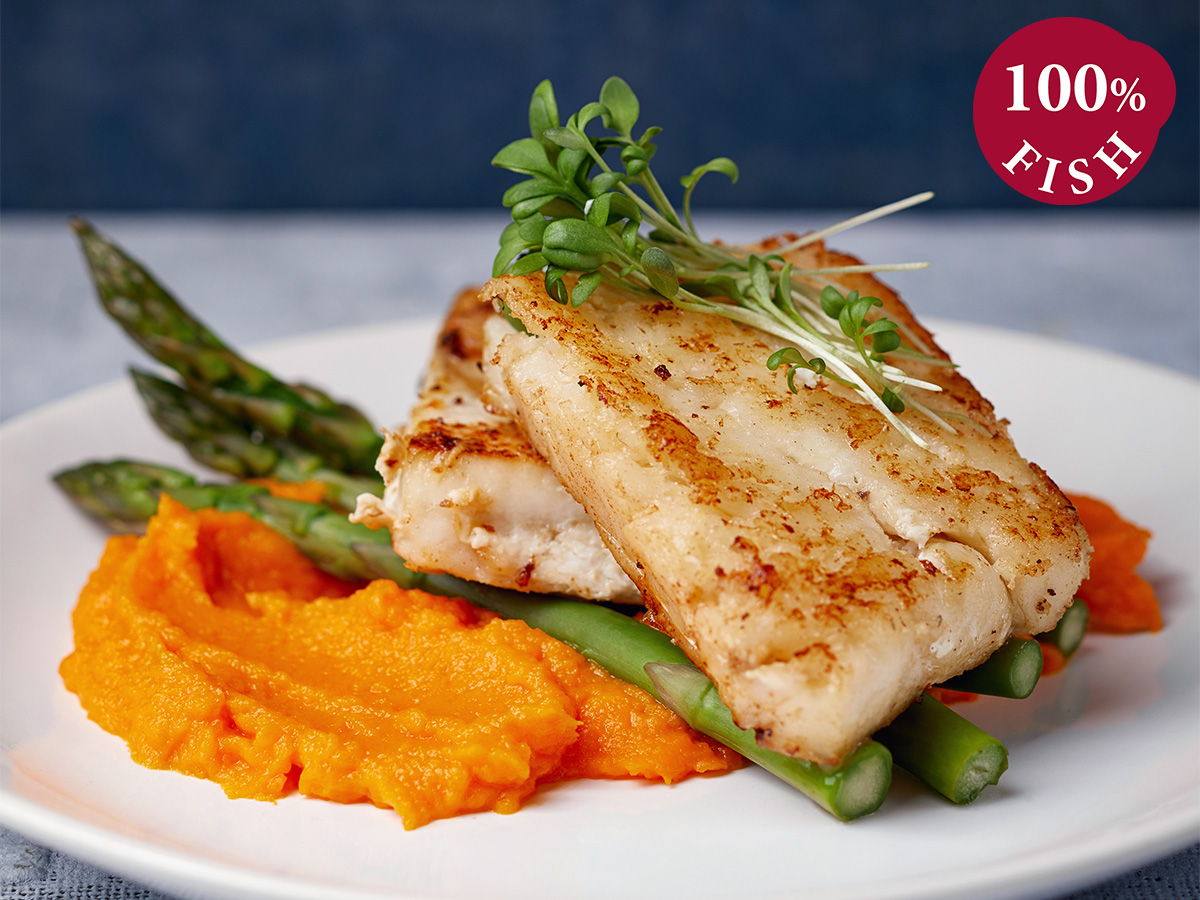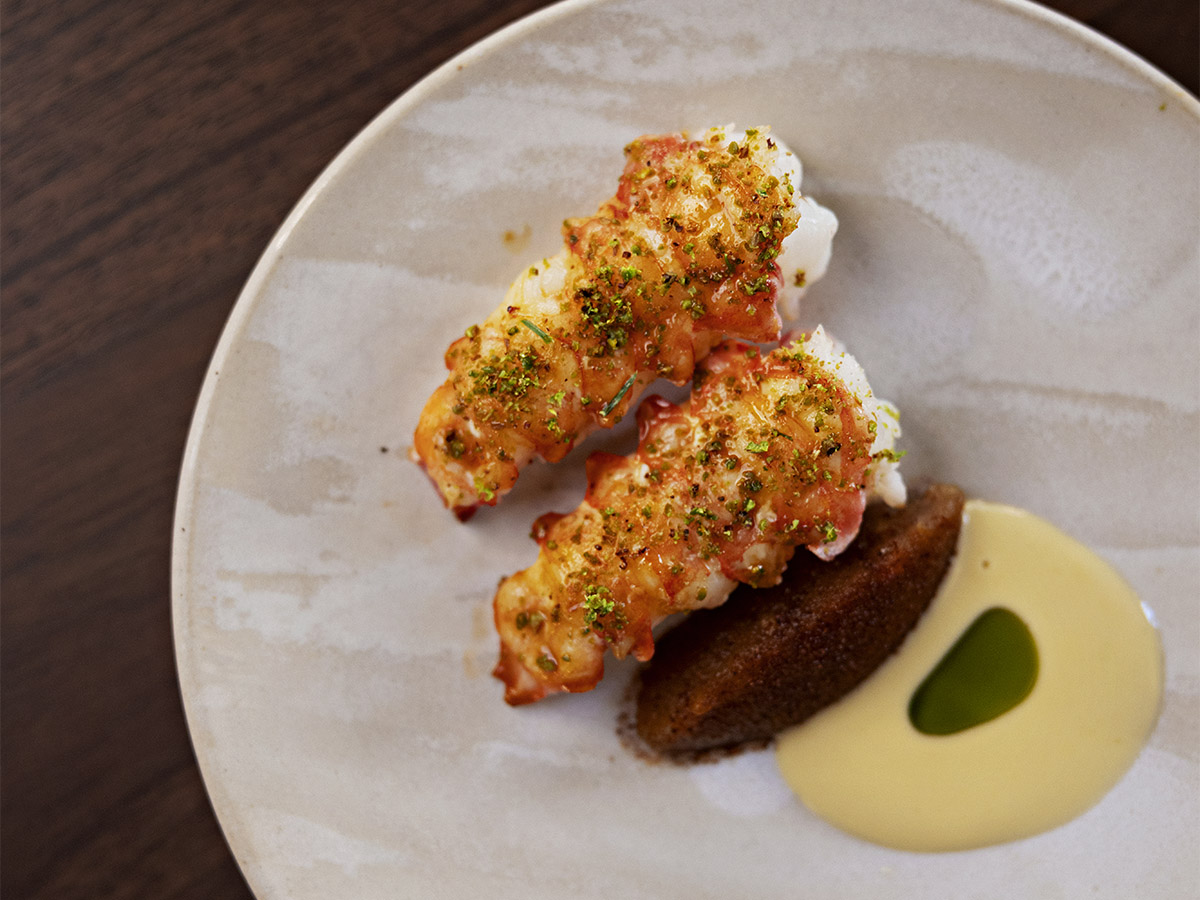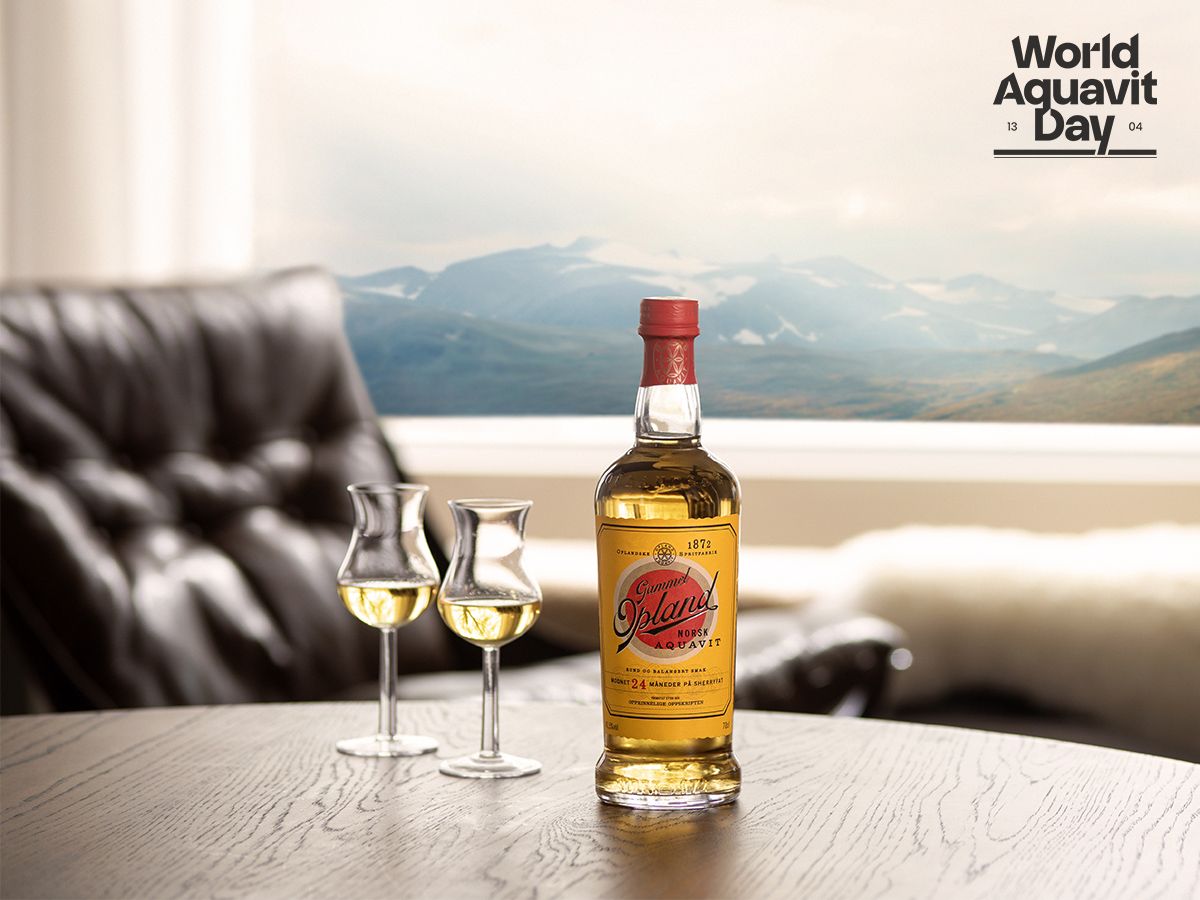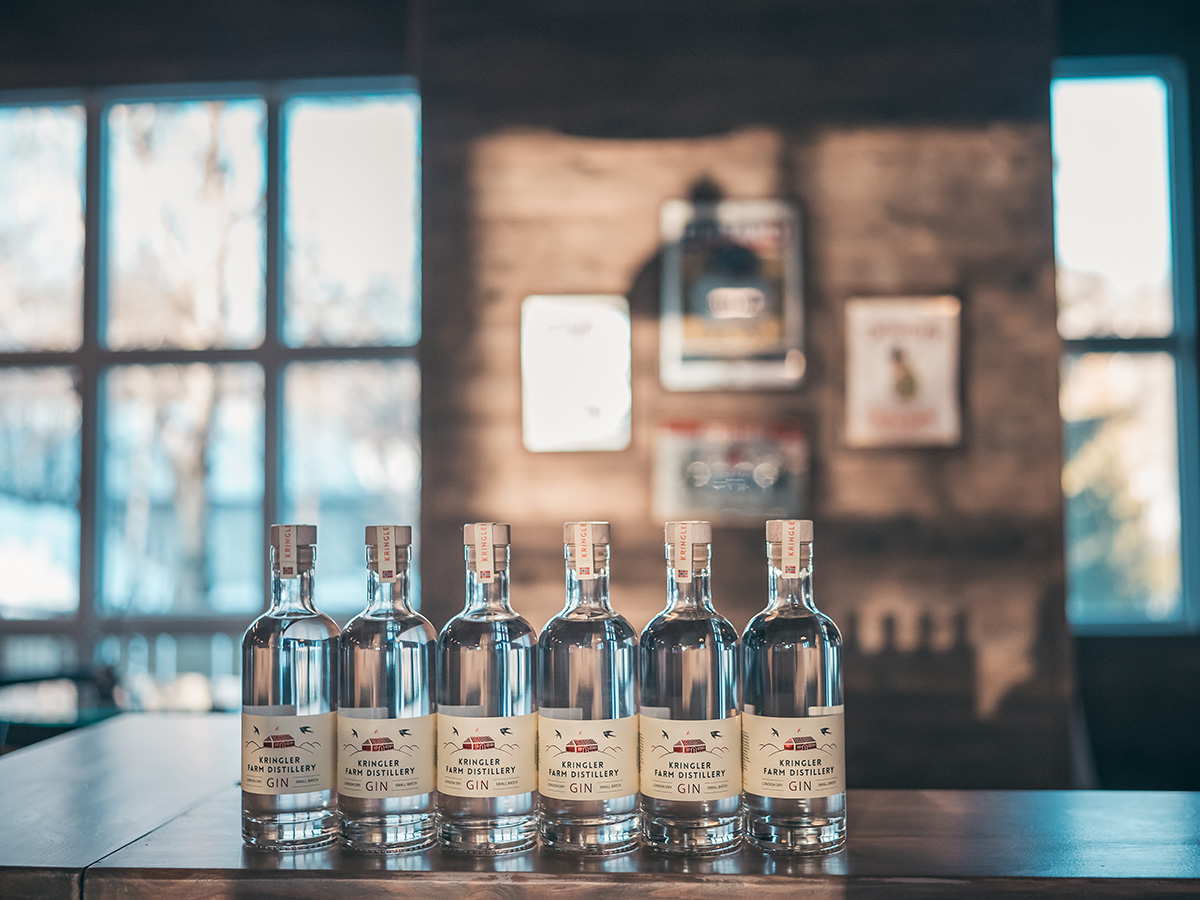Kjartans Honning – Natural, raw Norwegian honey – straight from the beekeeper
Text: Ingrid Opstad | Photos © Kjartan's Honning
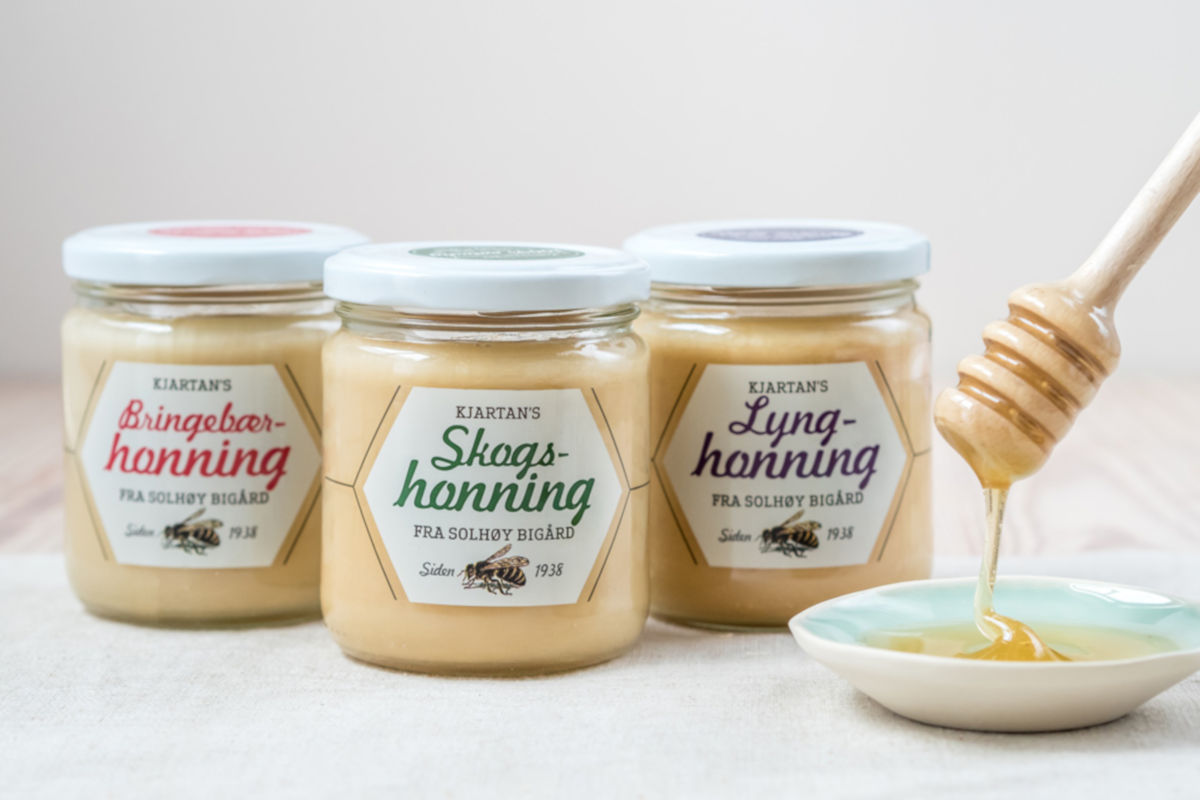
With the goal to create the best possible honey, which will not only taste delicious but is also good for you, Kjartan’s Honning is proud to deliver three different products to the health food sector – each with their own unique flavour and purpose, sourced from three distinct plants.
It all began back in 1938, when Håkon Dahl, Kjartan’s grandfather, started with beekeeping at Solhøy Bigård in Trøgstad, Norway. Fast forward to 1975, and Kjartan got his own first beehive, which he worked on alongside his grandfather until his passing at 100 years old.
Today, Kjartan’s Honning produces sustainably extracted and completely raw honey, which has not been heated. In addition, the honey has enough time for maturing to make it optimal both in flavour and use. “Most honey found on the market today is heated up much higher than 45 degrees, which means that all the beneficial active substances will disappear. Raw honey like ours has a number of good properties and is a versatile substitute for normal sugar,” Kjartan’s wife and business partner Marianne Høitomt Dahl explains.
“By sourcing different plants in the rich, Norwegian forest, we have created a range of healthy and nutritious honeys: Bringebær, Skogsplante and Lyng,” says Dahl. “In addition, we have another raw forest plant honey with propolis, which is excellent for exterior application such as on wounds and rashes, so our honey can be beneficial in many ways.”
Extensive research has demonstrated the many health benefits of honey. The research report prepared by Patricia Merckoll, researcher at Ullevål Hospital, documents that Skogsplante and Lyng honey from Kjartan’s Honning both have amazing properties for combating and killing bacteria resistant to antibiotics. “We know that honey has a lower GI value than sugar, meaning that it does not raise our blood sugar levels as quickly. Honey is also sweeter than sugar, so you can use less of it,” Dahl concludes.
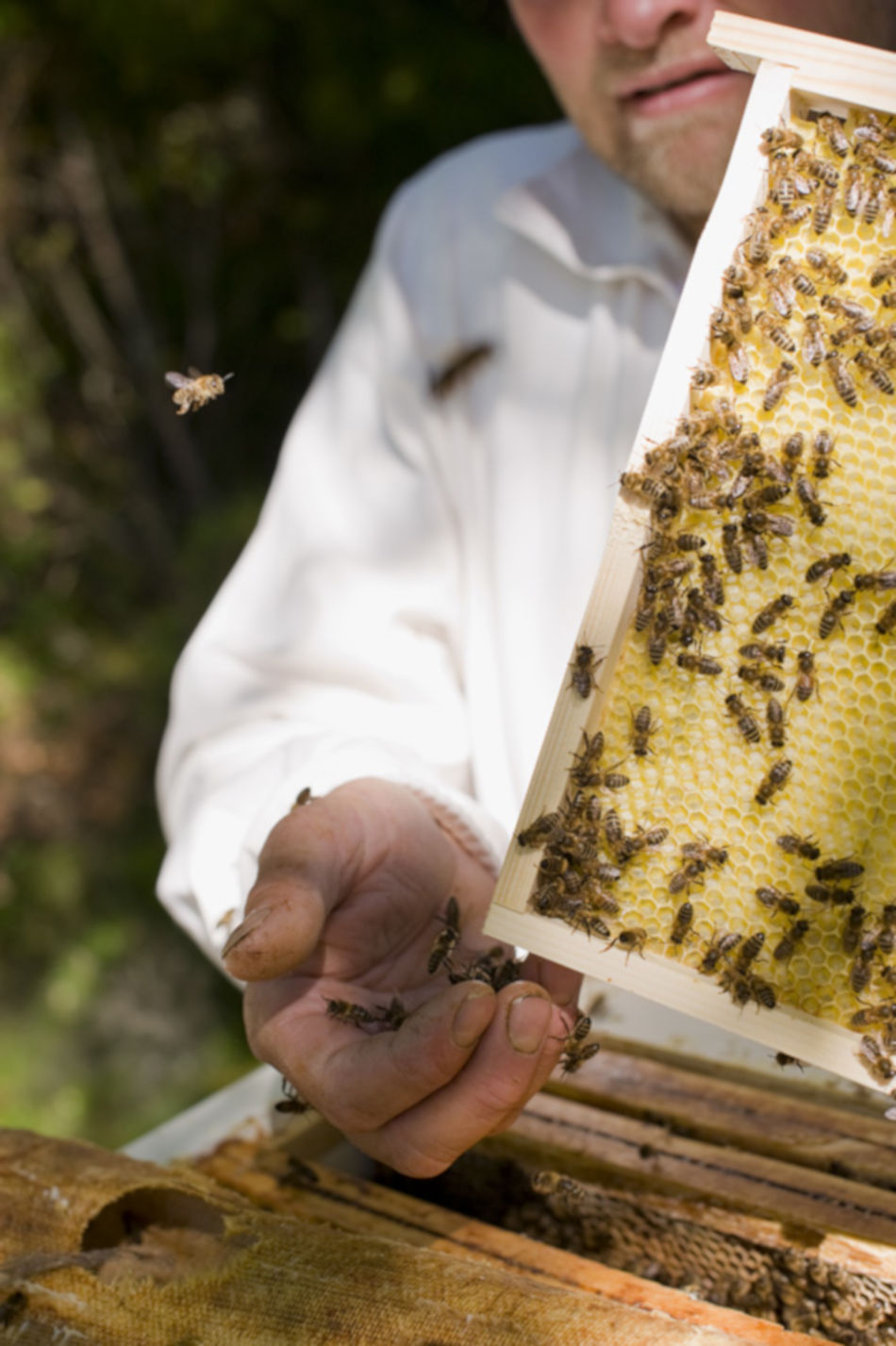
Subscribe to Our Newsletter
Receive our monthly newsletter by email

